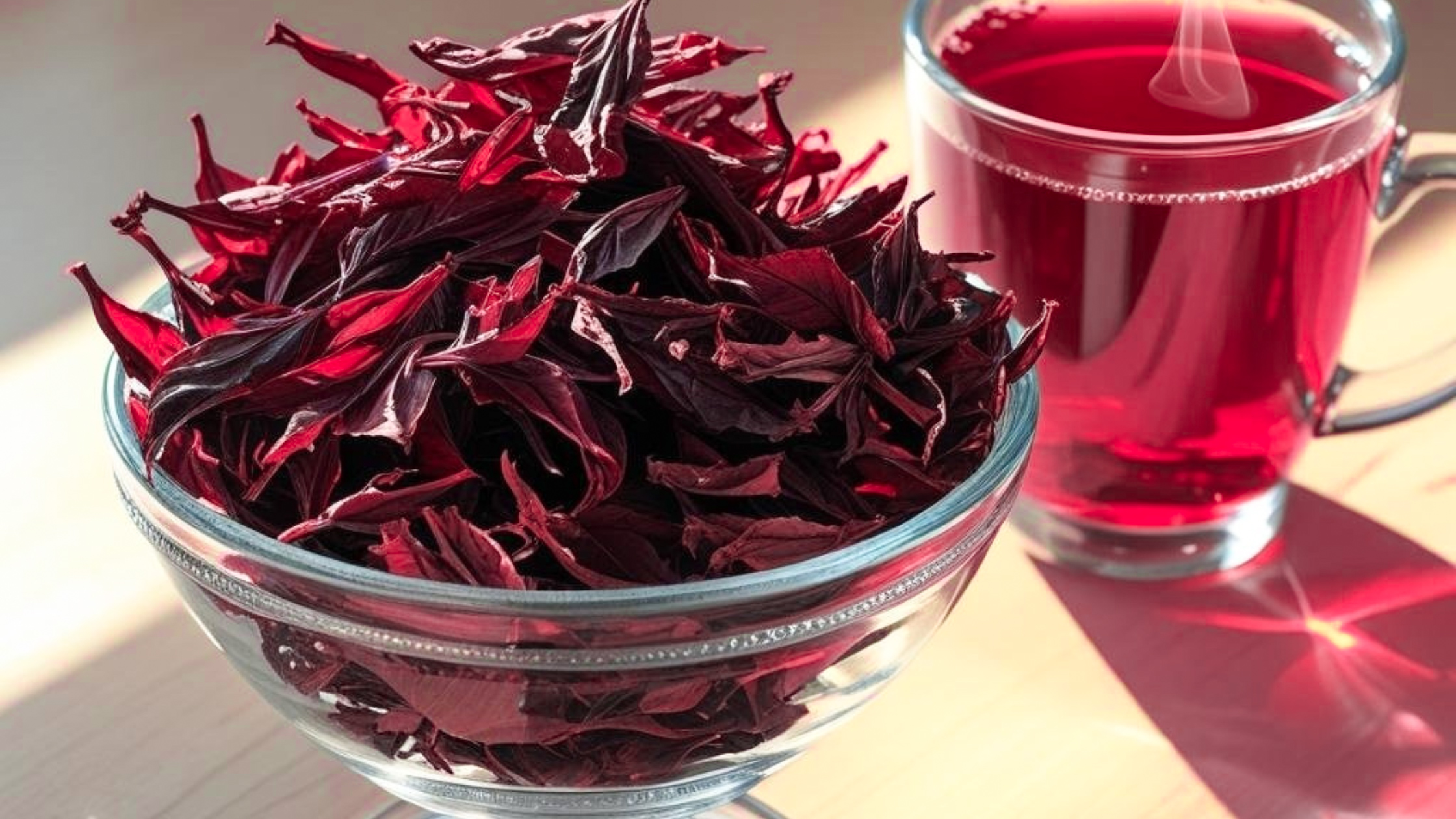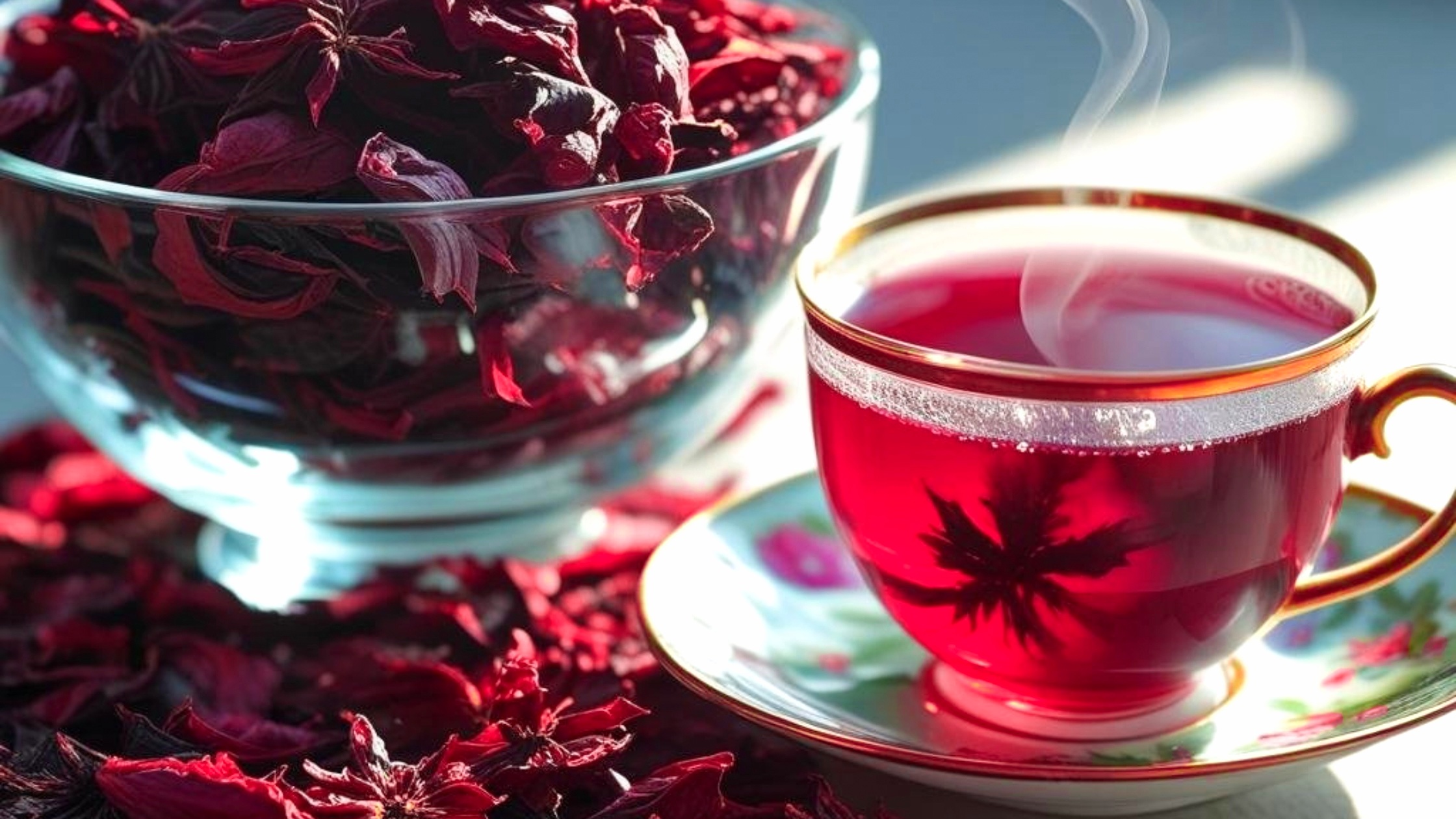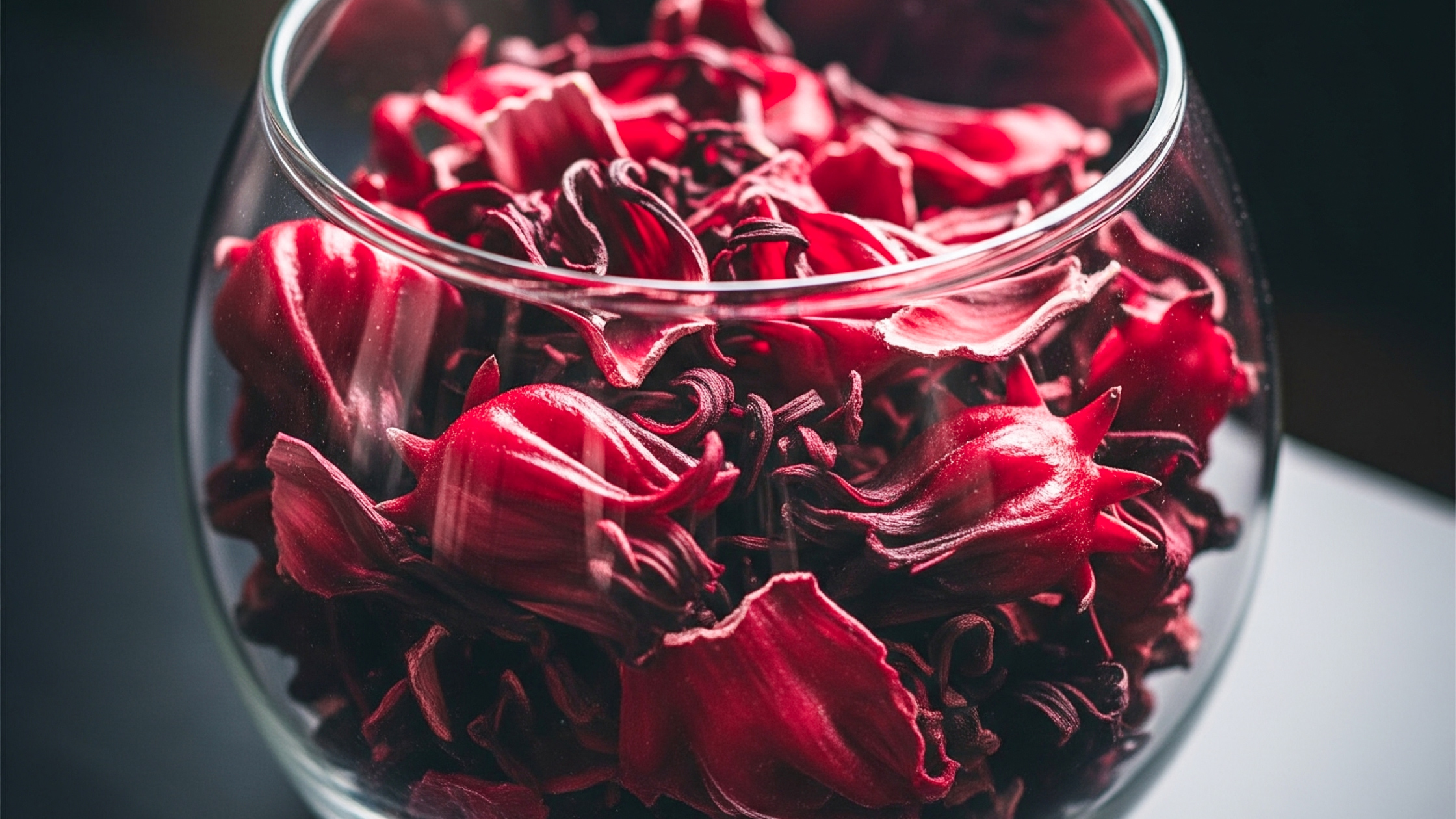
I love my Hibiscus tea, I love the taste, the aroma, the soothing warmth, and more importantly, its health benefits.
Hibiscus tea/drink, commonly called Zobo, is made from steeping dried hibiscus leaves in hot water or boiling it and is popular not just for its great taste but because it contains antioxidants, helps with lowering blood pressure and makes your skin glow.
But before you binge on it, let’s talk about its potential side effects. From blood pressure dips to medication interactions, here’s what you need to know to sip safely.
Blood Pressure Blues~ A Risk for Some:
Hibiscus tea is popular for helping control high blood pressures, and this is because it has diuretic properties. If your blood pressure is already low, this brew could leave you dizzy because it could cause a reduction in your blood pressure. This is more pronounced if you’re on antihypertensive medications.
Medication Mishaps/ Drug Interactions:
Hibiscus tea doesn’t play nice with all medications. It seems likely that it can mess with drugs like acetaminophen (Panadol/ paracetamol), chloroquine (malaria treatment), and even blood pressure or diabetes medications. Taking a hibiscus drink too soon after popping a Tylenol might flush it out of your system faster, reducing its pain-relieving properties.

Tummy Troubles and More~ Overdoing It Hurts:
If you are guilty of chugging hibiscus tea in large quantities, you need to slow down. Its diuretic and acidic nature can stir up a stomach upset, gas, or constipation. As I mentioned earlier, its diuretic effect means more bathroom trips. And if you go overboard, you could get dehydrated.
Pregnancy and Surgery:
This is one drink you need to steer clear off if you’re expecting or nursing. There’s evidence that hibiscus tea could lead to miscarriages or preterm labour due to its ability to stimulate uterine contractions. There’s also not enough research to confirm it’s safe while breastfeeding, so it’s best to skip it. If you are being prepared for surgery, stop taking hibiscus tea at least two weeks before, as it can mess with blood pressure and blood sugar, thus complicating things during the surgery or in the recovery period.
Blood Sugar Drops~ A Concern for Diabetic Patients:
Hibiscus tea may lower blood sugar, which sounds great unless you’re diabetic or on medications that already do that. The combination could push your levels too low, risking hypoglycaemia. If you are managing diabetes, you need to keep an eye on your sugar levels and talk to your healthcare provider before adding hibiscus drinks to your routine.

Sip Smart: Tips to Enjoy Hibiscus Tea Safely.
You don’t need to toss your hibiscus tea. With a little caution, you can still enjoy its tart goodness.
Here’s how to sip smart:
Keep it Moderate:
Stick to 2-3 cups daily to avoid overloading your system.
Check with Your Doctor:
If you have low blood pressure, diabetes, or take medications? Get the green light from your Doctor first.
Watch out for allergic reactions:
Are you new to hibiscus? Start with a small sip and watch for allergic reactions, e.g., itching, rashes, or difficulty with breathing.
Pregnant or Nursing? Pause It: You are better safe than sorry.
Pre-Surgery Prep:
Stop the tea two weeks before any procedure.
The Bottom Line is Hibiscus tea is a delicious, antioxidant-packed drink with plenty of perks, but it’s not without its quirks. The evidence leans toward risks like blood pressure drops, medication interactions, and potential issues for pregnant women or people with specific health conditions.
So, next time you brew a cup, savour it mindfully and listen to your body. If you have a health condition or are on medications, a quick chat with your Doctor can keep your tea time worry-free.
What’s your hibiscus tea experience? Did you love it, leave it, or have a side effect surprise? Drop your thoughts in the comments, I would love to hear your story.
And if you’re craving more health tips, join our community for the latest scoops on your favourite foods, drinks, and other wellness practices.
Disclaimer: This post is for information purposes only and doesn’t take the place of any medical advice given by your healthcare professional. Always consult your healthcare professional before making changes to your diet, especially if you have health conditions or take medications.